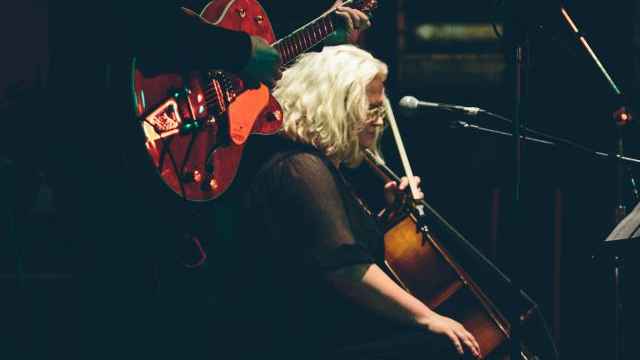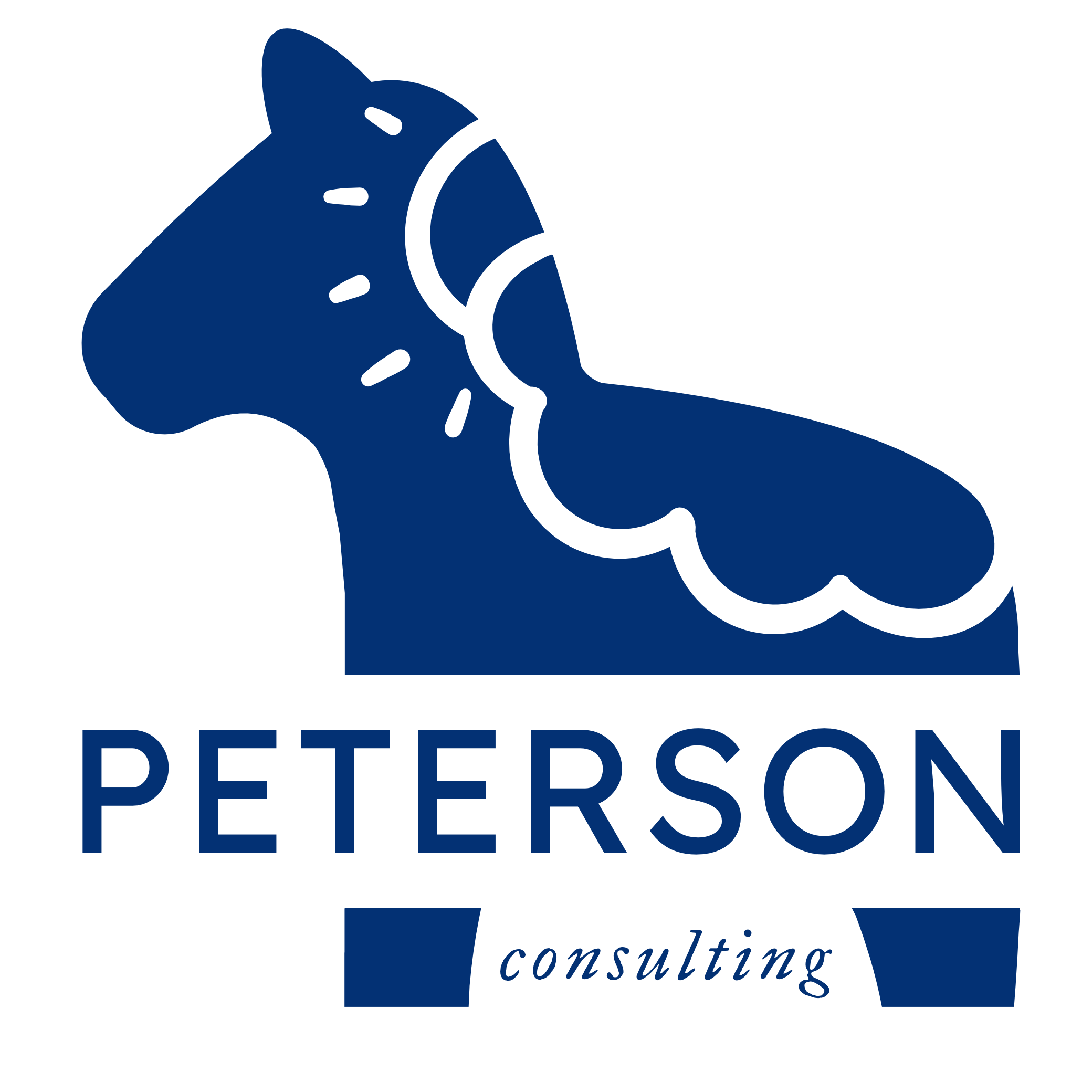What's your business coaching philosophy? How did you get started doing this work?

The other day, we took a break to ask our founding director, Emilly Ann Peterson, a couple of questions about her background and philosophy. Her answers were pretty fascinating!
How does your background as a musician make you a better business & career coach for your clients who are trauma survivors?
Great question! In brief, the application of my philosophy is salutogenic, whole-person, and strengths-based. In greater detail, I'll start with some musical background, entrepreneurial beginnings, and a foundational philosophy from a Japanese teacher...
From childhood, I learned to play the cello with wonderful teachers. Almost immediately after college, I used my business degree as a professional classical musician—I became a Suzuki-trained cello teacher and started what became a very successful private teaching studio (in the middle of a recession no less!)
The Suzuki Method (wiki) was created by a beloved Japanese violin pedagogue named, Dr. Shinichi Suzuki (wiki). It turns out that almost all of my own cello teachers were, unbeknownst to me, also trained Suzuki teachers and extremely well-versed in applying Dr. Shinichi Suzuki's philosophies. (I've done the math on this and it's a pretty good bet that my teacher's teachers were taught by Dr. Suzuki himself, pretty cool!)
A few years after I left the Evangelical church, I received a career-halting diagnosis of a degenerative, neurological hand tremor. This was the main catalyst for leaving the world of music education. My business acumen told me that it was not a sustainable idea to continue to put all my metaphorical career eggs in a basket with a massive hole at the bottom. (I write more about this in Bare Naked Bravery.) And so I turned to "ol' faithful" and leaned more heavily on business consulting, which I had done for colleagues upon request all along.
How did the cello play a role in your story of religious trauma?
When I say that I probably owe my life to my cello, I'm not kidding. The cello was an emotional anchor for me during many of the difficult years of my religious trauma. From what I know now about trauma's effect on the brain, it turns out that learning the cello through the Suzuki method during those crucial years gave my traumatized brain 4 crucial things:
- stability and security to feel safe
- space to practice and explore my autonomy
- a language to express feelings that I didn't have words
- a chance to daily strengthen the neurological skill of self-healing*
*It's worth noting that ^these^ are the same benefits of pursuing entrepreneurship with a trauma-informed lens!!! Furthermore, there aren't many other trauma survivors who get to practice those things with quite the same vigor as entrepreneurial trauma survivors! We get a really unique opportunity when you think about it like that, pretty freakin' cool.
The fact that Dr. Suzuki's philosophy *survived* my religious trauma and subsequent spiritual deconstruction is a massive testament to the simple beauty of Dr. Suzuki's teachings. (Those who've experienced the life-altering havoc from religious trauma will get understand what I mean by that.)
While I do not personally claim any *one* person as a guru or teacher, and even though I no longer teach cello lessons, I cannot deny the fact that Dr. Suzuki's teaching methods continue to influence the way I conduct my business today! I proudly still use many of the same pedagogical techniques and approaches that I used with my cello students with my business clients too.
For example, among many other gems, Dr. Shinichi Suzuki believed that "every child can." I often explained a practical application of this by telling my cello students that "the instrument fits you, you don't fit the instrument." The same can be true for entrepreneurship and recovery from trauma...
It is 100% possible for entrepreneurship to adapt to you and your needs as a trauma survivor.
Now that I'm a Certified Trauma Support Specialist and Certified Trauma & Resilience Life Coach (and am always adding to my bouquet of trauma-informed training too!), it's clear that all along Dr. Suzuki and I were teaching our students what the trauma-informed community calls a salutogenic approach! In the medical world, salutogenesis (wiki) is this is a focus on optimal health, not just the elimination of the disease.
FYI - A salutogenic approach in coaching sessions looks like this:
- considering my clients as competent and capable (not broken or damaged)
- striving to gain a whole-picture view of my clients and their businesses
- prioritizing optimal processes, health, and ease over attaining goals, results, or vanity metrics
- enhancing strengths and boosting resources, not just eliminating weaknesses or fixing problems.
If any of this resonates or you've got more questions, click here to schedule a meet-n-greet.
(photo credit: Scott Haydon)
Categories
- This is Your Brain (5)
- Trauma + Business (8)
- Religious Trauma (5)
- Trauma 101 (5)
- FAQs (9)
- Social Entrepreneurship (6)
- Economics & Sustainability (9)
- Feminism & Patriarchy (4)
- Deconstructing Capitalism (8)
- Emily Ann Says (11)
- Assessments (7)
- Self-Regulation Tools (7)
- Building Resilience (7)
- Helpers & Healers (4)
- Dear Congress (1)


0 comments
Leave a comment